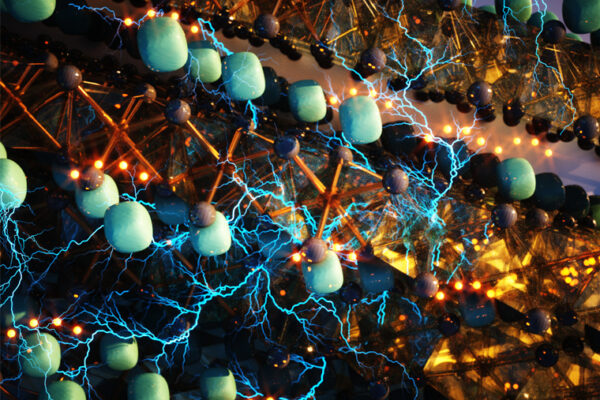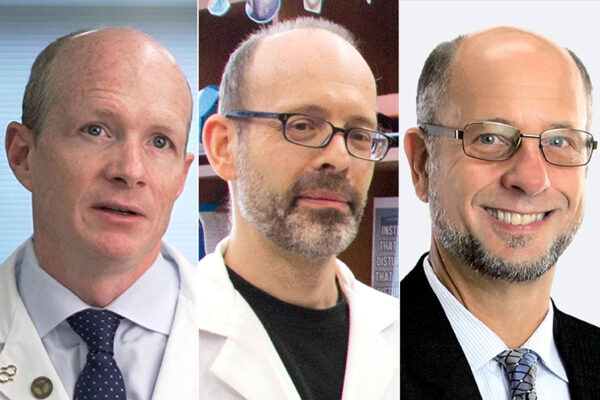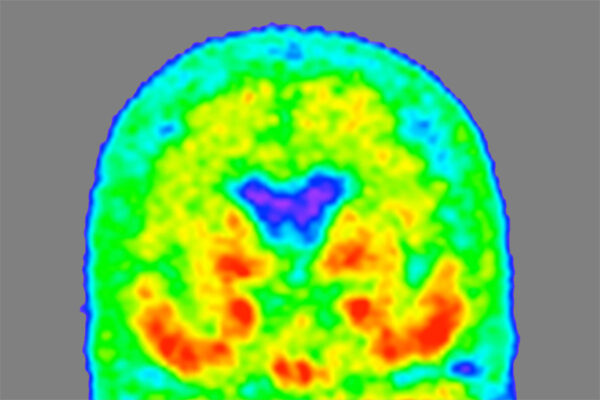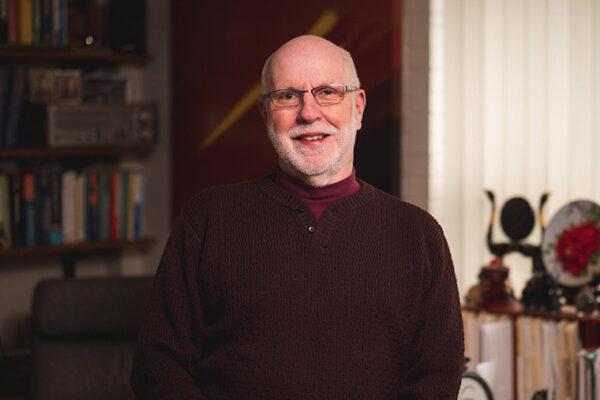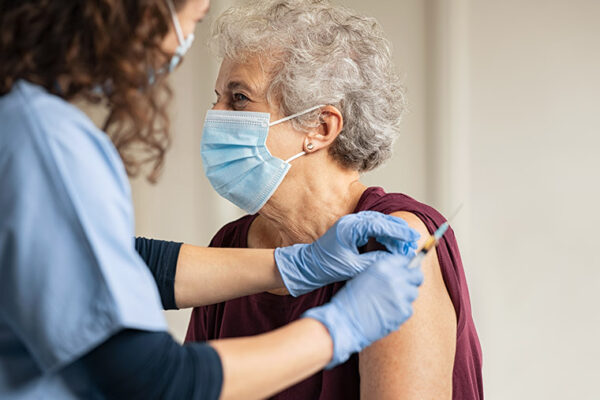Study finds fluorine as possible substitute for lithium in rechargeable batteries
Rohan Mishra and Steven Hartman in the McKelvey School of Engineering at Washington University in St. Louis have found the relatively abundant and light element fluorine may be an alternative for lithium in batteries.
Bateman, Diamond, Hultgren named to National Academy of Inventors
Washington University School of Medicine in St. Louis faculty members Randall J. Bateman, MD, Michael S. Diamond, MD and Scott Hultgren have been elected fellows of the National Academy of Inventors, the highest professional distinction accorded solely to academic inventors.
Novel form of Alzheimer’s protein found in spinal fluid indicates stage of the disease
Researchers at Washington University School of Medicine have found a novel form of the Alzheimer’s protein tau in the fluid surrounding the brain and spinal cord. This form of tau — known as MTBR tau — indicates what stage of Alzheimer’s a person is in and tracks with tangles of tau protein in the brain.
A recipe for protein footprinting
By publishing their method in the journal Nature Protocols, chemists including Michael Gross, who has a joint appointment in Arts & Sciences and the School of Medicine, have opened doors for fellow scientists to better address research questions related to Alzheimer’s disease, the COVID-19 pandemic and more.
Making a pandemic-proof supply chain
Resilience, once a hallmark that academics ascribed to the most successful supply chains, has become a “matter of survival,” writes an international team of researchers including an Olin Business School expert from Washington University in St. Louis.
Shareholder influence more effective than mandates in diversifying boards
Olin Business School’s Todd Gormley discusses his research on efforts to increase gender diversity on governance boards through shareholder pressure, and the potential impact of a new policy proposed by Nasdaq.
Construction progresses on neuroscience research building
The School of Medicine’s eastern border will look strikingly different in 2023, when the 11-story neuroscience research building is complete. At this point, more than 106 drilled concrete piers have been poured, and the interior columns and floor in the basement’s western half are complete.
Building better vaccines for the elderly
Meredith Jackrel, in Arts & Sciences, studies protein misfolding and how it leads to disease. She is collaborating with Jai Rudra at the McKelvey School of Engineering to develop amyloid-inspired vaccine technologies specifically tailored for seniors. The approach could be relevant to COVID-19 as the elderly are particularly susceptible to its severe complications.
Gene that protects against osteoarthritis identified
Researchers at Washington University School of Medicine, working in mice, have found that a molecule previously linked to diabetes, cancer and muscle atrophy also seems to be involved in the development of osteoarthritis. It may offer a useful treatment target.
New tech can get oxygen, fuel from Mars’ salty water
A new electrolysis system that makes use of briny water could provide astronauts on Mars with life-supporting oxygen and fuel for the ride home, according to engineers at the McKelvey School of Engineering at Washington University in St. Louis, who developed the system.
View More Stories
